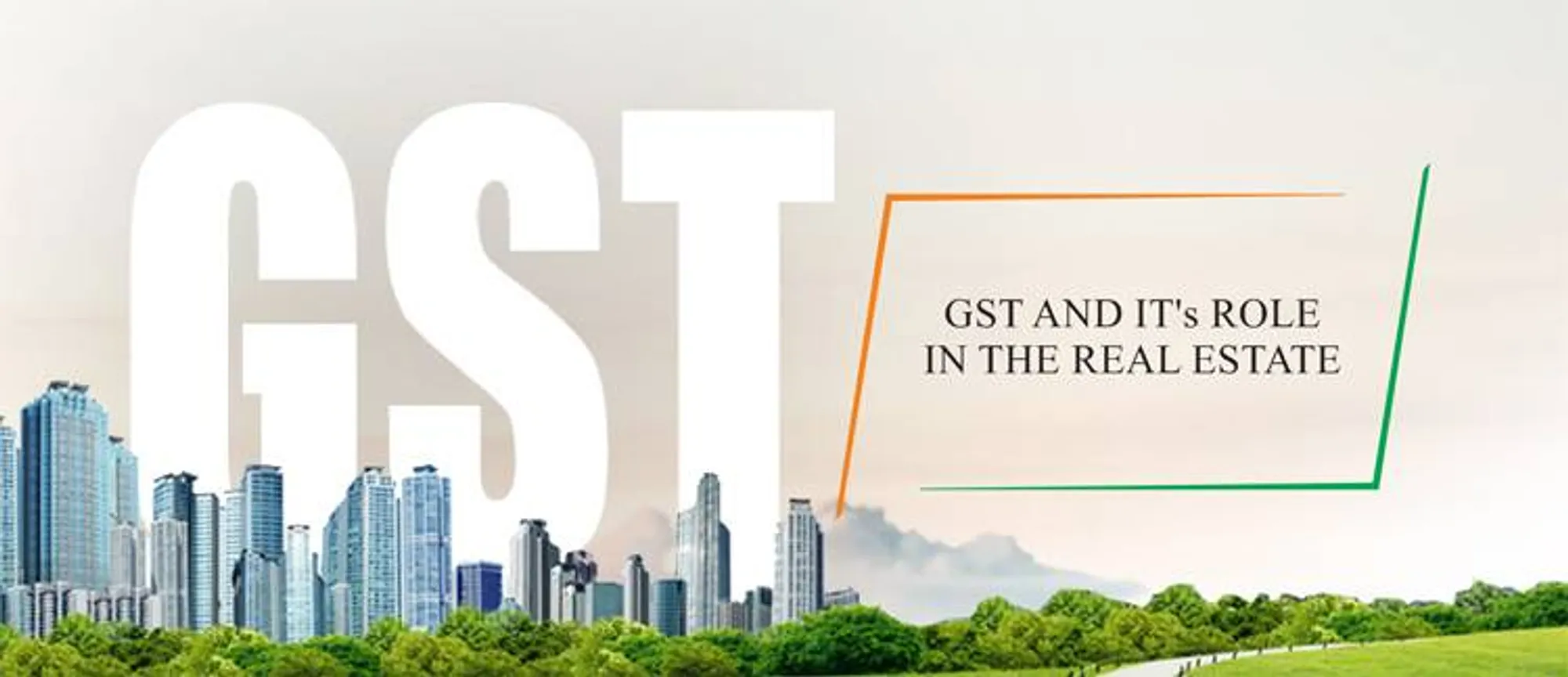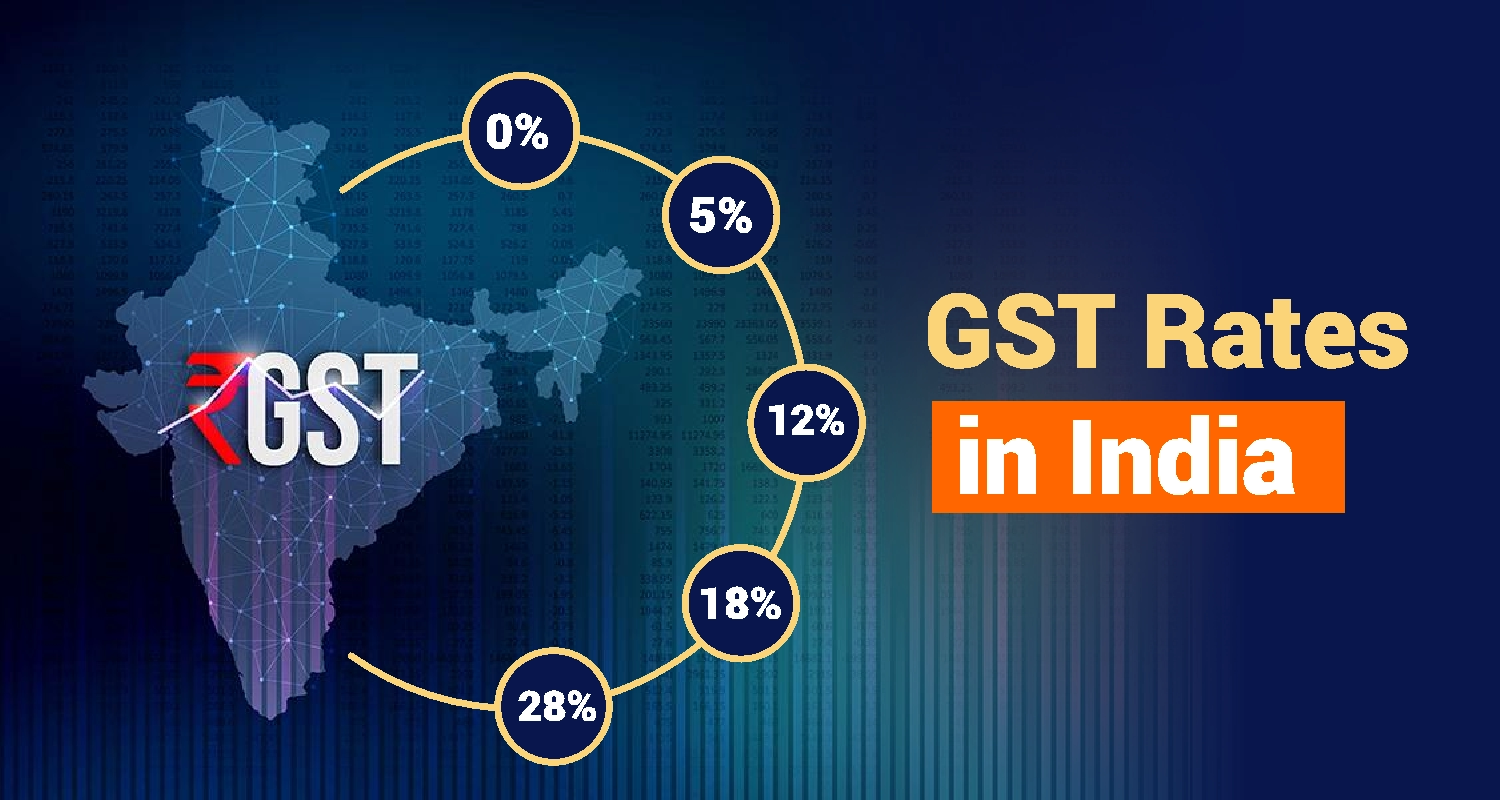GST on property in India 2025 is one of the most important factors homebuyers and investors need to understand before making a purchase. The latest GST rates directly affect the cost of residential and commercial property, and knowing how to calculate them helps buyers plan better. In this guide, we explain current GST rules, calculation methods, and how the 2025 regime compares with the old one – search abode
Contents
- What Are the GST Rates on Property in India 2025?
- Why Are GST Rates on Real Estate 2025 Different? (Affordable vs Non-Affordable, ITC vs No-ITC)
- Transactions That Attract GST on Property in India 2025 — A Simple Checklist
- How to Calculate GST on Real Estate in 2025 — Formula & Examples
- Quick GST Reference for Property Buyers in 2025
- GST 2.0: New Changes in 2025 That Buyers Must Know
- How GST on Property in India 2025 Affects Other Home-Buying Costs
- Practical Tips on GST for Property Buyers in 2025
- Old Regime vs New GST on Real Estate in 2025 — Comparison Table
- Conclusion — What Should Property Buyers Do About GST in 2025?
What Are the GST Rates on Property in India 2025?
- Affordable housing (first sale, under-construction) — 1% GST (without Input Tax Credit). Razorpay+1
- Other residential (under-construction) — 5% GST (without Input Tax Credit). Razorpay+1
- Commercial property (under-construction / commercial supply) — typically 12% GST (builders can claim Input Tax Credit where applicable). GST Learn+1
- Ready-to-move / completed units, resale of immovable property, sale of land — No GST (outside GST scope). ClearTax+1
Short note: GST normally applies only on the first sale of an under-construction property (i.e., sale by the builder/developer before issuance of a completion/occupancy certificate). Resale transactions between individuals are typically GST-exempt. Razorpay+1
Why Are GST Rates on Real Estate 2025 Different? (Affordable vs Non-Affordable, ITC vs No-ITC)
GST on real estate distinguishes affordable housing from other residential projects to keep houses affordable. The 1% slab applies when the project and unit price meet government-defined thresholds for “affordable” (developers must follow the notified criteria). The 5% slab for other residential projects is levied without allowing builders to pass on Input Tax Credit (ITC) benefits; this is a revenue-neutral policy that prevents double counting of tax credits. Commercial projects generally attract a higher rate and allow ITC. Razorpay+1
Transactions That Attract GST on Property in India 2025 — A Simple Checklist
- GST applies when:
- GST does NOT apply when:
How to Calculate GST on Real Estate in 2025 — Formula & Examples
Basic formula
GST amount = (Taxable value) × (Applicable GST rate)
Taxable value normally includes the contract price payable to the builder for the unit (basic sale price + any parking, clubhouse or other charges that are part of the supply). It may exclude certain separate items if they are categorized differently in the sale contract. Always check the builder’s invoice and contract. Razorpay
GST on an Under-Construction Flat (2025)
- Sale price (basic): ₹50,00,000
- GST rate: 5% (without ITC)
- GST payable = 50,00,000 × 5% = ₹2,50,000
- Total cost to buyer = ₹52,50,000 (plus registration charges, stamp duty, and other charges). Razorpay
Affordable Housing Property (2025)
- Sale price (basic): ₹30,00,000
- GST rate: 1% (without ITC)
- GST payable = 30,00,000 × 1% = ₹30,000
- Total cost to buyer = ₹30,30,000 (plus stamp duty and registration fees). Razorpay
GST on Commercial Property in India 2025
- Sale price (basic): ₹1,00,00,000
- GST rate: 12% (with ITC possible for developer)
- GST payable = 1,00,00,000 × 12% = ₹12,00,000
- Total cost to buyer = ₹1,12,00,000 (plus other charges). GST Learn

Quick GST Reference for Property Buyers in 2025
| Property type | When GST applies | Typical GST rate (2025) | ITC allowed? |
| Affordable residential (specified limits) | First sale, under-construction | 1% | No. Buyer cannot claim ITC. Razorpay |
| Other residential (under-construction) | First sale, under-construction | 5% | No. SOBHA Limited |
| Commercial (shops/offices) | First sale / supply | 12% (typically) | Yes for developer / business use. GST Learn |
| Ready-to-move / Completed units (with OC) | Not applicable | Nil | — ClearTax |
| Sale of land / developed plots | Not applicable | Nil | — ClearTax |
GST 2.0: New Changes in 2025 That Buyers Must Know
In September 2025 the GST Council introduced a broader rate rationalization (sometimes called “GST 2.0”) which adjusted slabs for many goods and services. For real estate, the practical outcomes important to buyers are:
- Core residential GST structure for under-construction homes remains: 1% for affordable and 5% for other residential (without ITC). Press Information Bureau+1
- Some construction inputs (e.g., building materials) had rate revisions in the 2025 reform — changes to input item rates can influence overall construction costs and therefore pricing. Buyers may see modest changes in construction cost pass-through over time. A2ztaccorp+1
Bottom line: The headline slabs for home buyers (1% and 5%) stayed in place, but the broader tax environment changed for some materials and services in the construction value chain. Always check the builder’s invoice and the date of the OC to know whether GST applies. Press Information Bureau+1
How GST on Property in India 2025 Affects Other Home-Buying Costs
Remember, GST is in addition to stamp duty and registration charges — those are state taxes and remain separate. Also watch for what the builder is charging: some developers bundle charges (car parking, club membership, exclusive amenities) differently — some of these attract GST, others may not. Check the sale agreement clause on “breakdown of price.” Razorpay
Practical Tips on GST for Property Buyers in 2025
- Ask for a pro-forma invoice showing GST separately (rate and amount). It helps when budgeting and for home loan documentation. Razorpay
- Verify if the unit is ‘under-construction’ or ‘completed’ — ask for the Occupancy/Completion Certificate (OC/CC). If OC is issued, GST normally does not apply. ClearTax
- Check whether the project qualifies as ‘affordable’ under notified limits — developers should disclose this and apply the 1% slab where eligible. Razorpay
- Don’t assume ITC benefits flow to you — in most residential supplies the benefit of ITC is blocked (hence the ‘without ITC’ rates). SOBHA Limited
- Ask your lender — banks sometimes require GST invoices for disbursements. Make sure loan disbursement conditions are aligned with the payment schedule and GST invoices. Razorpay
- Keep copies of all GST invoices from the builder — useful for warranty, possession, and in rare cases tax disputes. Razorpay
Old Regime vs New GST on Real Estate in 2025 — Comparison Table
| Feature | Old (pre-2019/earlier adjustments) | 2025 position |
| Affordable housing GST | Earlier 8% (with ITC adjustments in some windows) | 1% (no ITC) in most applicable cases. Housing+1 |
| Other residential | Earlier 12% or 8% variants (depends on date) | 5% (no ITC). Rustomjee |
| Commercial | Varied; commonly higher | 12% (developer ITC possible) with some 2025 tweaks to input rates. GST Learn |
| Ready-to-move / resale | Exempt | Still exempt. ClearTax |
Conclusion — What Should Property Buyers Do About GST in 2025?
For any ambiguity (project classification, invoice treatment, or when builders change rates), consult a chartered accountant or tax expert before making large payments. This guide is educational and not a substitute for personalized tax advice. Press Information Bureau+1
If you’re buying under-construction, budget for GST: 1% or 5% depending on whether the unit qualifies as affordable. Confirm the builder’s classification and ask for a clear invoice. Razorpay
If you prefer no GST surprises, consider buying ready-to-move units with OC or buying resale — these are typically GST-free. ClearTax
No. Resale/ready-to-move units with a completion certificate are outside the GST net. GST is for the first sale of under-construction property by the builder.
Generally no for residential purchases — ITC is not available to individual home buyers. Businesses buying property for commercial use may have different positions.
Ask the builder for clarification and a corrected invoice. If unresolved, consult a tax advisor or approach local tax authorities — keep all documentation.
No. Stamp duty and registration are state government levies and unrelated to GST. You pay both (if applicable).
- Top Home Buyer Mistakes in India & How to Avoid Them (2026 Guide)
- How to Compare Home Loan Options in India (Guide 2026)
- Real Estate Investment Strategies for First Time Investors in India (2026 Guide)
- Complete Checklist Before Finalizing a Property Booking
- Fractional Ownership in Real Estate: A Smart Investment Model
- Property Tax in Jaipur: Charges, Rules & Buyer Guide

